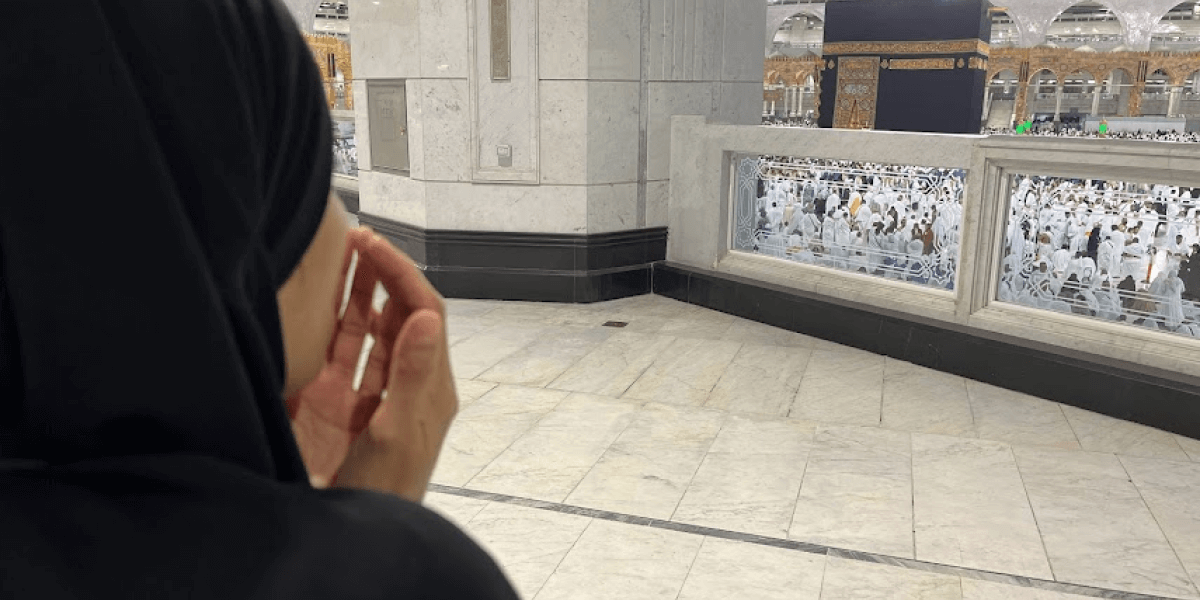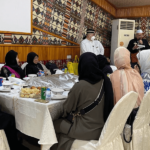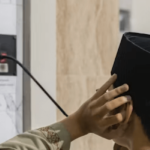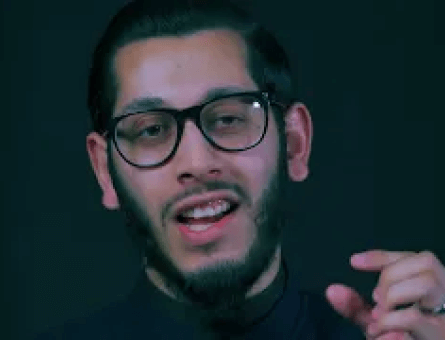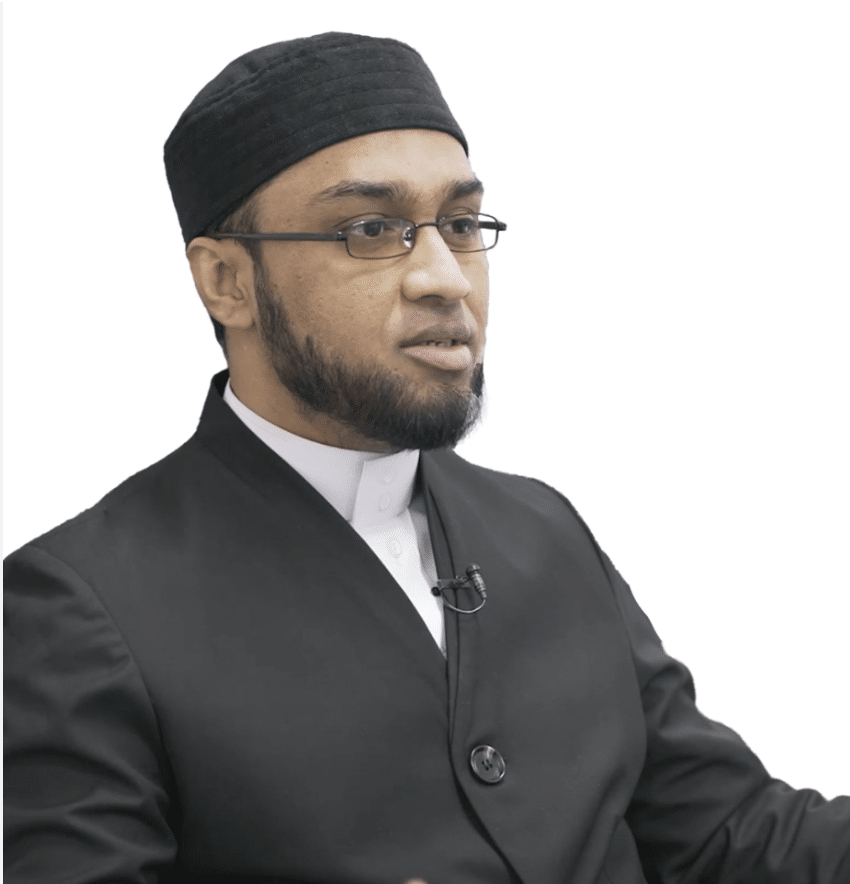How To Make Dua – Step By Step Guide
Dua stands as a powerful act of worship, where a direct call goes out to Allah SWT, the Almighty. It feels like a quiet, personal chat with the Creator, where hopes and wishes are laid bare. When dua is made, it asks Allah SWT to answer and grant those heartfelt desires. This deep connection offers a unique chance to find peace and strength. For anyone seeking comfort or answers, knowing how dua opens this sacred door makes the journey truly worthwhile. Keep reading to discover how this simple yet profound act can change everything.
For many people, dua works like therapy, giving them a sense of calm and relief that when no one listens to them, Allah SWT does, and He (SWT) even replies by answering your prayers and giving you whatever you wished for.
Throughout his life, Prophet Muhammad (SAW) instructed people to live by dua not only to ask Allah SWT for worldly blessings but also to praise Him, ask for forgiveness and be thankful.
So, how often do we want to make a heartfelt dua, yet we struggle to convey our words to Allah SWT every time? Or even when making dua in general, most of the time we feel like we don’t have words to express our wants, needs, or even grief.
To help you out, we have created a guide on how to make dua more effective, highlighting the actions and etiquettes that will help bring more purpose when asking or talking to Allah SWT. So, without further ado, let’s learn the Sunnah of Prophet Muhammad (PBUH) on how to make dua.
What is a Dua?
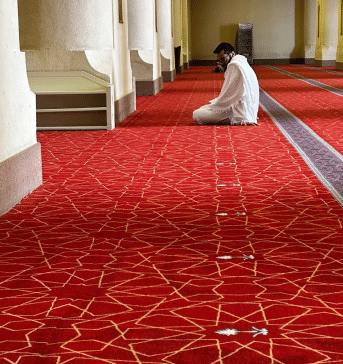
The Quran and Sunnah of Prophet Muhammad (SAW) comprise various duas, each dedicated to a specific purpose or life event. The Messenger (PBUH) of Allah SWT has highly encouraged the Ummah to recite these duas as they will prove beneficial in both worlds.
However, there is no specific template or guide on making dua generally. Allah SWT has given us the liberty to personalise our prayers by using our own words and the language that we are comfortable using. Even if your dua may sound unorganized or even when you have no words to express what you feel, know that Allah SWT is the creator of the universe and so He (SWT) best understands your intentions and thoughts.
Prophet Muhammad (PBUH) said, “Dua is worship itself.” Then the Prophet Muhammad (PBUH) recited this verse, “Your Lord says: ‘Call upon Me and I will respond to you. Verily, those who disdain My worship will enter Hell in humiliation.’” [40:60]’. (Tirmidhi)
Why do Muslims make dua?
The Messenger (PBUH) of Allah SWT said, “Dua is the most powerful weapon of a mumin worshipper.” (Mustadrak al Hakim)
Our lives in this world are characterized by fluctuating conditions that make us either sad or happy. No person experiences a life full of misery or perpetual bliss. Instead, life is a test, a mixture of emotions and experiences, and the power to face them can be only attained through dua. We also make dua because it keeps us humble. Prophet Muhammad (PBUH) said, “God will be angry with those who do not make requests from Him.” (Tirmidhi)
Hence, dua is a reminder for us that we are the servants of Allah SWT and so we should only ask Him (SWT) for whatever we need.
Dua is also a reminder of one’s closeness with Allah SWT: “And when My slaves ask you (O Muhammad SAW) concerning Me, then (answer them), I am indeed near (to them by My Knowledge). I respond to the invocations of the supplicant when he calls on Me (without any mediator or intercessor). So let them obey Me and believe in Me, so that they may be on the right path.” [Holy Quran, Surah Al-Baqarah, 2:186]
Making dua in times of difficulty, in a low voice, accompanied by raising your hands and shedding tears is assuring and uplifting as it cleanses, invigorates, refreshes, and provides relief and solace to a broken heart.
What to say when making dua
Dua is a form of worship and it is also a form of communication between you and Allah SWT. Though there is no perfect template to make dua, there is a sequence that scholars advise:
- Praise Allah SWT
- Send salutations upon Prophet Muhammad (PBUH).
- Make dua for yourself, your loved ones and the Ummah
- Ask for forgiveness
- Conclude with sending salutations upon Prophet Muhammad (PBUH)
- Conclude with Ameen
How to praise Allah SWT when making dua
It is the Sunnah of Prophet Muhammad (SAW) to start your dua by reciting a verse that reflects praise towards Allah SWT: “O My Lord! All praise be to you as it is suited to your grandeur, your majesty and your splendour, and your magnificent kingdom which knows no bounds…I as your servant and slave simply do not possess the capacity nor the ability to utter any praiseworthy of your majesty as it is suited to Your splendour.”
Also, be sure to call out to Allah SWT by using His (SWT) names. Allah SWT has a total of 99 names, each of which can be used to reach out to Him (SWT) according to the need of the hour. For example, if you are asking for help, you can call Him (SWT) Al-Wakil. On the other hand, if you are asking for forgiveness, refer to Allah SWT as Al-Ghafur.
Etiquettes for making dua
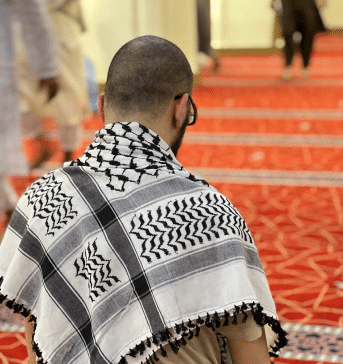
You can pray to the Almighty any time from as soon as you wake up till before you fall asleep, in private or in public, or even while praying or going about your day, Simply raise your hands in dua with the belief that Allah SWT is there and He (SWT) is listening to you at all times.
Although you can make dua in any language or for any halal need or want, there is a guided way (adab) of Prophet Muhammad (PBUH) to make dua which will prepare you spiritually and mentally:
Perform wudu
Though it isn’t compulsory to perform ablution (wudu) before making dua, Allah SWT has given you the liberty to pray at any point during the day. Being the Islamic way of purification for the body and soul, wudu helps in getting you a clear mindset and preparing you before you speak to Allah SWT.
Abu Musa Al-Ash’ari (RA) narrated that the Prophet Muhammad (PBUH), after the battle of Hunain, called for water, performed wudu, then raised his hands and said: “O Allah SWT! Forgive Ubaid Abi Amir!” (Sahih Bukhari)
Face the Qiblah
Like performing wudu, facing the Qiblah when making dua isn’t compulsory. However, it is the Sunnah of Prophet Muhammad (PBUH).
Abdullah bin Zaid (RA) narrated, “Allah’s Messenger (PBUH) went out to this Musalla (praying place) to offer the prayer of Istisqa (a prayer for rain). He invoked Allah for rain and then faced the Qiblah and turned his cloak inside out…” (Bukhari)
Raise your hands
Raising your hands when making dua has a beautiful meaning behind it. The act portrays to Allah SWT that you are calling upon Him, requesting and begging Him to fulfil your wishes. It has been reported by different companions that it was a Sunnah of Prophet Muhammad (PBUH) to raise his hands when making dua.
The Messenger (PBUH) of Allah SWT said, “Indeed your Lord – Blessed and Almighty is He – is Shy and Most Generous. He is shy when His servant raises his hands to Him (in dua) to turn them away empty.” (Abu Dawud)
Call upon Allah SWT in a low and soft voice
Abu Musa Al-Ashari (RA) reported, “We were in the company of the Prophet (PBUH) on a journey, and whenever we ascended a high place, we used to say Takbir (in a loud voice). The Prophet (PBUH) said, ‘O people! Be kind to yourselves, for you are not calling upon a deaf or an absent one, but you are supplicating the All-Hearing, the All-Seeing.’” (Bukhari)
The aforementioned hadith is a reminder that when a person is making dua, the distance between him and Allah SWT decreases, and He (SWT) is close to them. Therefore, there isn’t any need to speak loudly as Allah SWT can even listen to what your heart says. Allah SWT in a Quranic verse said, “And remember your Lord by your tongue and within yourself, humbly and with fear, without loudness in words, in the morning and in the afternoon, and be not of those who are neglectful.” [7:205]
Note that making dua in a low voice doesn’t only apply when you are praying alone but when you are in a Masjid as well. It is understood if you get emotional while making dua and start crying. Even our beloved Prophet Muhammad (PBUH) used to cry when asking Allah SWT for His blessings and forgiveness. However, he (PBUH) made sure not to disturb those around him and so we should also ensure to maintain a low tone when speaking with the Almighty.
How to start a dua
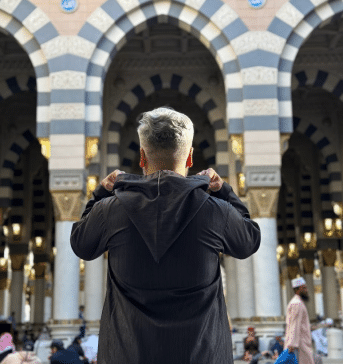
The Prophet Muhammad (PBUH) said, “When any one of you have performed Salah (prayer) and wants to supplicate, let him begin with praising His Lord (SWT) and glorifying Him, then send prayers upon the Prophet (PBUH). Then he may supplicate for whatever he wishes.” (Tirmidhi)
Followed by this invoke Allah SWT by his names, stated in the Holy Quran, ‘And to Allah belong the Beautiful Names, so invoke Him by them’. [7:180]
After this, make sure to send Salawat or durood upon the beloved Prophet Muhammad (PBUH) as narrated by Umar Ibn al Khattab, “Dua is suspended between heaven and earth and none of it is taken up until you send blessings upon your Prophet.” (Tirmidhi)
How to Make Dua for Something You Really Want
When making dua, the most important part is to have complete faith that your dua will be accepted by Allah SWT and He (SWT) will reply one way or another.
The Prophet (PBUH) said: “Allah, may He be exalted, says: ‘I am as My slave thinks I am.’” (Al-Bukhari). According to the Hadith of Abu Hurayrah: “Make Du`a to Allah with unwavering certainty of (His) response.” (Al-Tirmidhi). If you think well of your Lord (i.e., expect the best from Him), Allah will bestow His bounty upon you and give you in abundance.
How to make dua for someone you love
It is also important to make dua for the Ummah in general, for example by saying, “Our Lord, forgive all the believers.” As the Messenger of Allah (PBUH) said, “Whoever seeks forgiveness for the believing men and women, Allah will record a good deed for him by each man and woman.” (Tabarani)
Don’t miss out on making dua for other people! The Messenger (SAW) of Allah (SWT) said, “No Muslim servant supplicates for his brother behind his back but that an angel says, ‘And for you the same.’” (Muslim)
Can a dua change destiny?
Yes, dua can indeed change destiny. As Muslims, we have a firm belief that everything that happens in our lives is already decided, it is planned and written by Allah SWT and only He (SWT) has the power to change our destiny.
Prophet Muhammad (SAW) said, “Nothing can change the Divine decree except dua.” (Musnad Ahmad, 5/677; Ibn Majah, 90; Jami` Al-Tirmidhi, 139. Classed as Hasan by Albani)
The Messenger (PBUH) of Allah SWT also said, “Nothing increases one’s lifespan except good deeds, and nothing repels Divine Decree except dua. And very, a person may be deprived for sustenance due to a sin that he does!” (Narrated by Ibn Majah #90 and confirmed authentic by Shaykh al-Albani in as-Sahihah #154)
The Prophet (PBUH) said, “No precaution can protect against the decree of Allah SWT. Dua is beneficial with regard to what has been decreed and what has not been decreed. The dua meets the calamity that has been decreed and wrestles with it, until the Day of Resurrection.”(Narrated by al-Tabaraani, 2/800 (33). Al-Albaani said in Saheeh al-Jaami’, 7739, (it is) Hasan)
Does Allah SWT always accept duas?
Allah SWT in the Holy Quran says, “And when My servants ask you concerning Me, then surely I am very near; I answer the prayer of the suppliant when he calls on Me, so they should answer My call and believe in Me that they may walk in the right way.” [2:186]
Summary – How to Make Dua
Dua isn’t just a way of communicating with Allah SWT. It is also a sign of hope, faith, and belief that no matter what happens, the Almighty is there, He (SWT) is listening to us and will help us in our time of need, in the best way. The etiquettes of making dua include doing wudu, facing the Qiblah, raising your hands, and calling upon Allah SWT in a low voice. Dua should be made with humility and a soft heart, and must include praise for Allah SWT and salutations on our beloved Prophet Muhammad (SAW), without which dua is incomplete.


